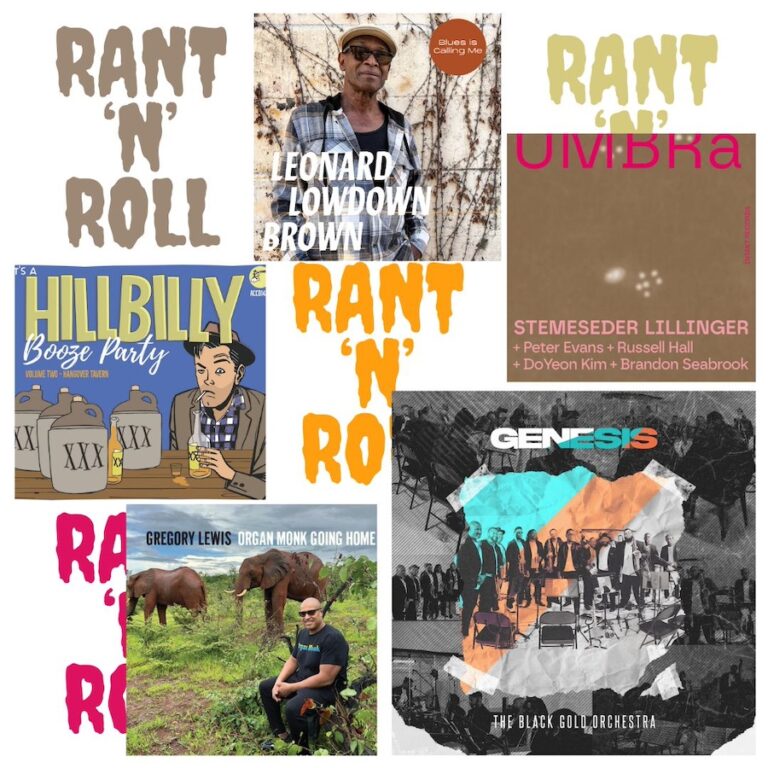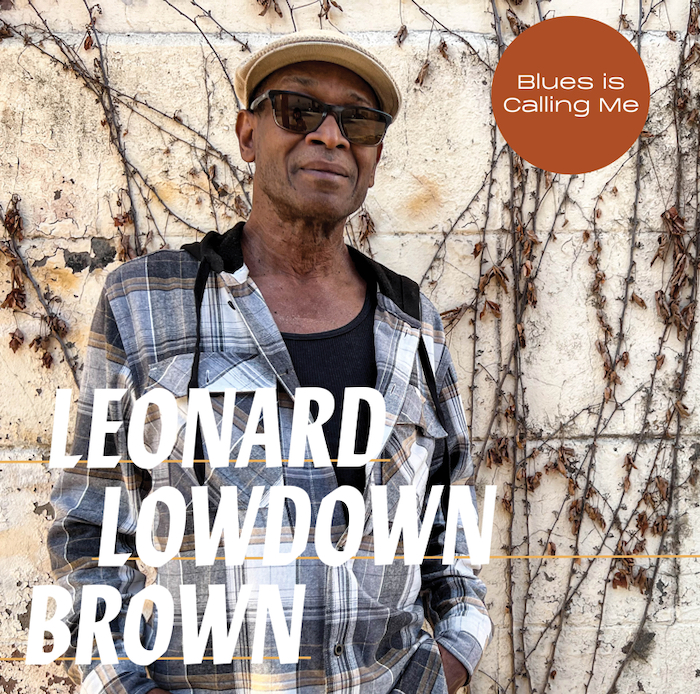
Ain’t nothin’ Lowdown Brown can’t do on his debut. Cat’s 70, kickin’ ass, playing the blues, struttin’ some soul, and with the help of producer/drummer Ardie Dean, guitarist Microwave Galaher, bassist Tony Grady, and keyboardist Dan Hochter, admits Blues Is Calling Me (Music Maker Foundation). Born in Arkansas, raised in Indiana, and settled in Texas, it’s been four decades of roadside honky-tonks before blowin’ ‘em away at the Houston Blues Festival in 1988. That’s when the gigs got better. Opener “Juke Joint” has got to be autobiographical. It’s a funky little zippo and he stings his electric like he practiced all those years ago for his nine siblings. “Find A Bridge” is topical, addressing Hurricane Katrina, but it’s the agonizingly slow “Can’t Buy Time” that makes this thing special.
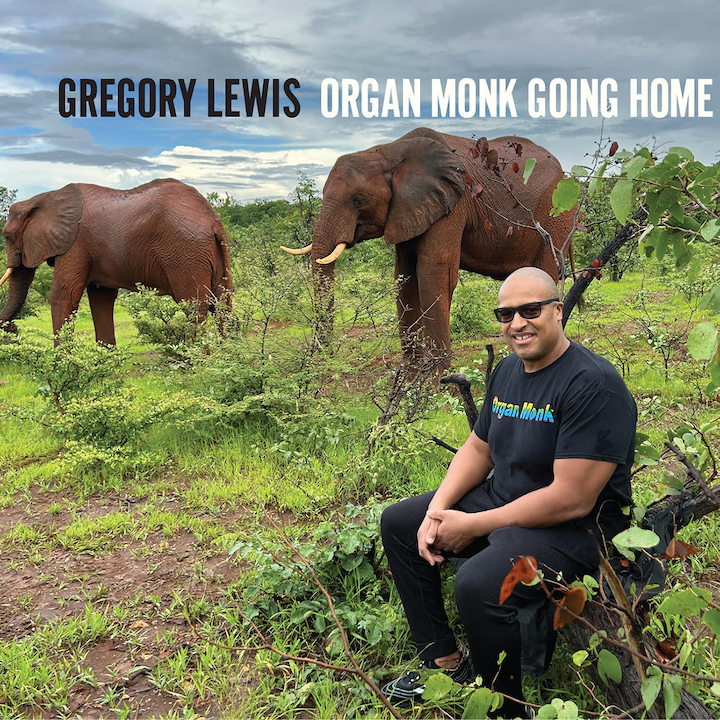
Any piano teacher worth his salt will tell you to not try and emulate the eccentric genius Thelonious Monk – with his stuttering stops and starts, and his attacking of the keys – with karate-chop exactitude. Of course, that’s but one reason Monk [1917-1982] has been one of the most beloved and cherished jazz men of them all. His odd sense of time, his larger-than-life persona, his dancing, and his compositions have made him an incomparable titan whose music is as vital today as it ever was. Organ Monk Going Home (Sunnywide Records), by Gregory Lewis, has Lewis transitioning Monk’s pianistics to his own wildly creative organ. Lewis uses his foot pedals to provide the bass parts. Guitarist Kevin McNeal and drummer Nasheet Waits round out the trio. Monk’s pieces are in good hands. This is a welcome addition to the Monk canon.
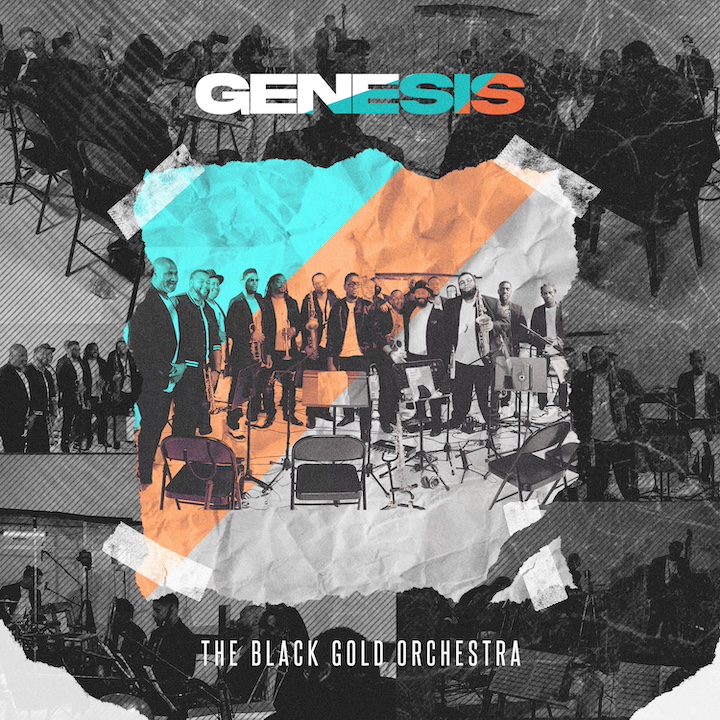
Genesis (Sessions Lane Records) is the Atlanta 19-piece Black Gold Orchestra’s stunning debut wherein they manhandle jazz, R&B, hip-hop, house, blues, rock, and gospel through a big-band blender to magnificent effect. Pianists Cedar Walton (1974’s “Firm Roots”) and Horace Silver (1966’s “Nutville”) get worked over, but good, with blistering solos and tight ensemble performances. Ditto for organist Charles Earland’s 1999 “The Creation.” Besides the intriguing originals, they even interpret “Prototype” by rap duo Outkast.
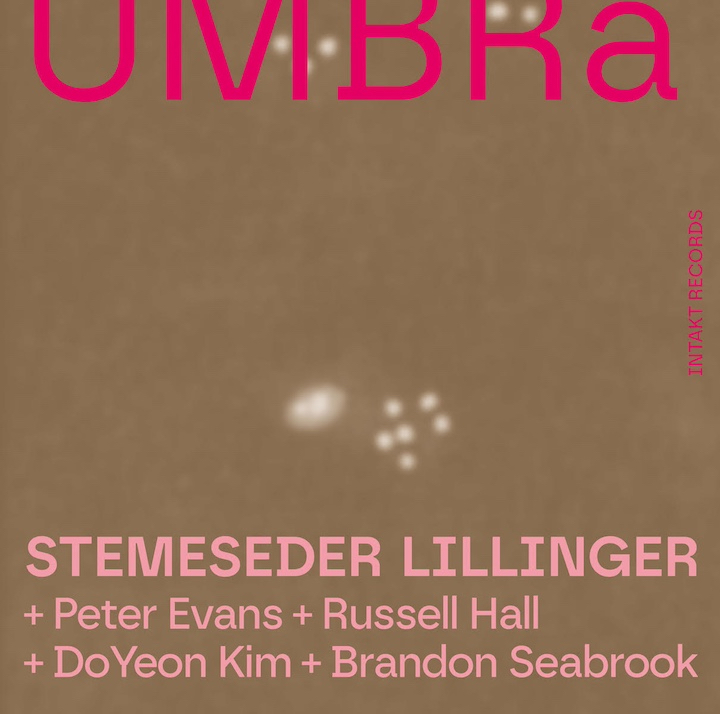
Umbra (Intakt Records, Zurich Switzerland), by Stemeseder Lillinger, has no genre. It has no limitations. One must free their mind to settle into its sweet zone of comfort. But, if you can get over the hump of unpredictability, there are rewards for such perseverance. The sextet of Elias Stemeseder (pianist, composer, electronica) and Christian Lillinger (drummer, composer, producer) contains banjo, guitar, bass, piccolo trumpet, and a traditional Korean plucked 12-stringed zither called a gayageum (played by DoYeon Kim). The result “combines textures of strings and percussion to weave together a visceral sonic tapestry,” according to Vanessa Ague’s illuminating liner notes.
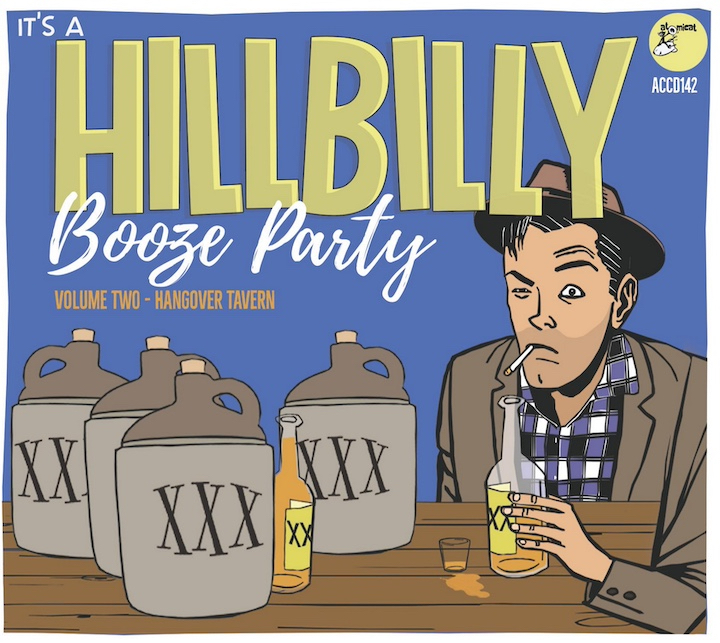
Been awhile since I went to my last Hillbilly Booze Party (Atomicat Records), but the second volume of this series, “Hangover Tavern,” besides the Hank Thompson title tune, has classics by The Oklahoma Wranglers (“Warm Beer And A Cold Cold Woman”), Johnny Horton (“Red Lips And Warm Wine”), Pat Paterson (“First You Buy The Beer”), Flatt & Scruggs (“Dim Lights Thick Smoke And Loud Loud Music”), Rambling Jack Dolan (“Wine, Women & Pink Elephants”), George Jones (“Bubbles In My Beer”), and 21 others fit to get wasted to.


